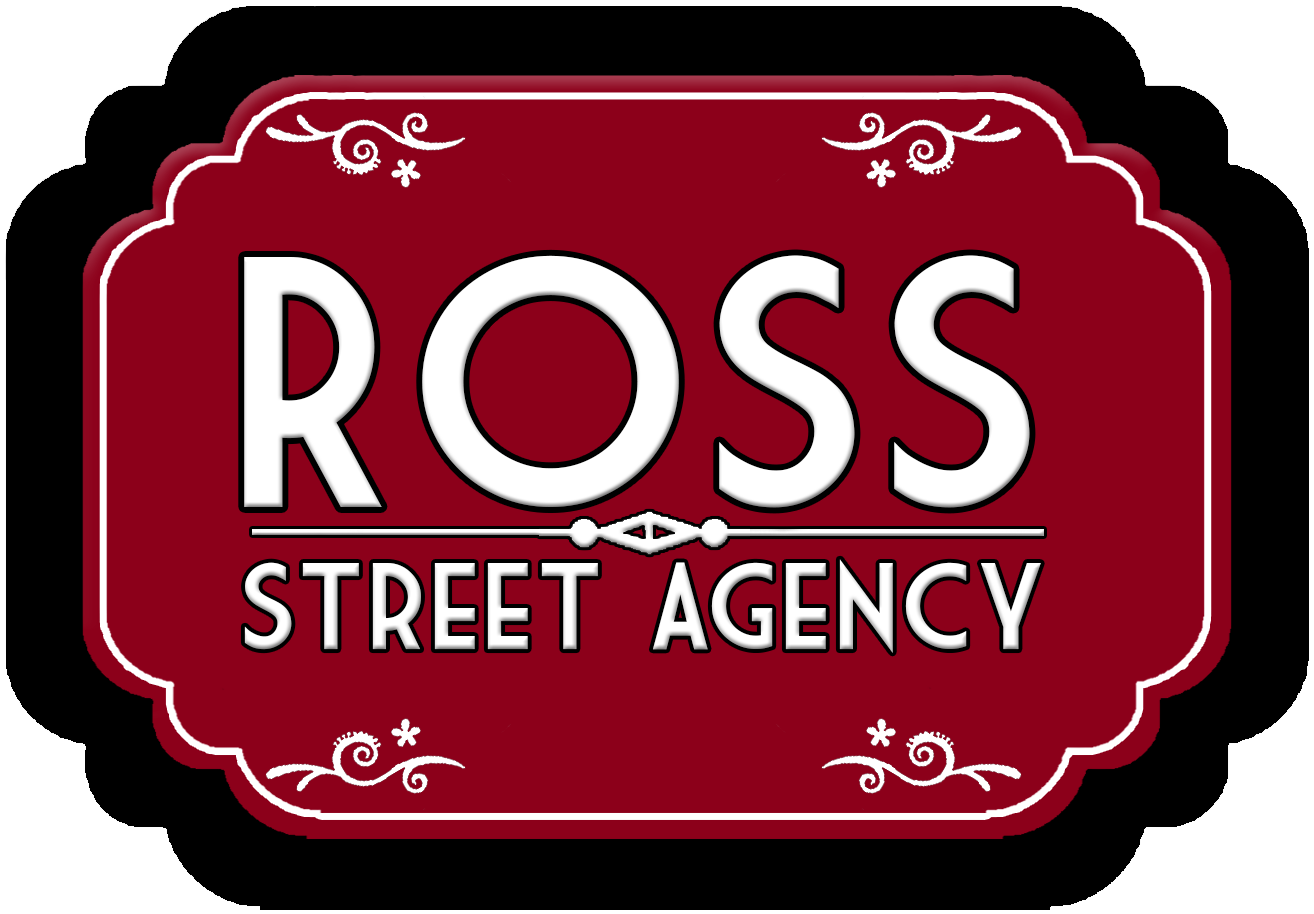Last month, I shared some insights about starting my small business that I have learned by staring in my magical looking glass back to the start of my small business. Four years later, there are still some things I need to improve upon, especially regarding finances.
The main reason that people go into business is to make money, however, it is also the same reason that people fail at business; they don’t make money. Not because they don’t have a great product, or because their services aren’t in demand – simply because they don’t have a mental grasp on the money piece.
My looking glass still has some smudges and a few cracks in it so I don’t pretend to be a millionaire or a financial wealth expert, but I do have some tips to share to help you not make some of the money mistakes that I did in the early days.
KNOW YOUR NUMBERS
What does this mean? You can have a very busy company with lots of clients and your days are filled up with appointments but at the end of the month, have you made any money? Have you made enough money? It is uber-important to know your numbers. That means you need to know how much your business expenses are in a month (fuel, insurance, office supplies, payroll, hydro). And, if your business is your only source of income, you also need to know how much you need to live on (pay mortgage, buy groceries, buy clothes etc.) You need to track these expenses…at bare minimum monthly, even better if you can do it weekly. You are a rock star if you can do this daily. On the flip side, you need to track how much money you make every day. Some days will be a $200.00 day, some days maybe a $1000.00 day. It doesn’t matter, you just need to know. The only way you can adjust your business practices and go after new business is if you know your numbers. Whether you do this in an Excel spreadsheet, or on the side of each page of your day timer, it doesn’t matter. Just do it.
CHURCH AND STATE: WORK EXPENSES AND PERSONAL EXPENSES
It is a very bad business habit to mix your work expenses with your personal expenses. Right from the beginning, keep a separate account and credit card solely for work expenses. It makes your accountant happy, it makes your bank account happy, and it makes it much easier to know your numbers. Especially if you are not blessed with the organization gene, keep your accounts and expenses separate. You then always know if you have enough money to cover your business obligations.
BILL ON-TIME
You and your customers may have different perceptions of when bills have to be paid. If we go to a retail store or a restaurant or get a hair-cut, we pay for those goods and services right away. Other small businesses send you a bill for services rendered (electrician, accountant, administrative consultant). If you don’t send your client a bill for 30 days, and they take 30 days to pay it, you are carrying that loss of income for 60 days. I don’t know about you but I didn’t get into business to be a bank/loan officer. Get in the habit of billing your clients within 3-5 days of completing the job for them. If they take a week or two to pay you at least you are still within the same billing month. You can keep track of your numbers and they won’t forget they owe you money. Trust me, it is much harder to collect monies owed once a month or two has gone by.

Recent Comments